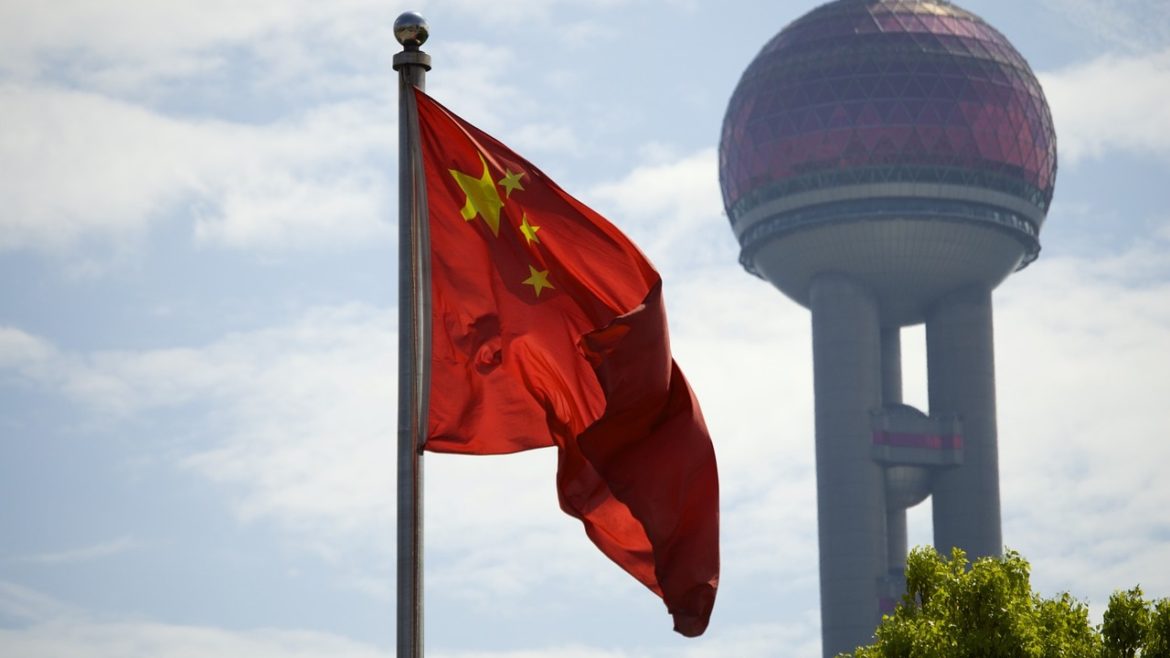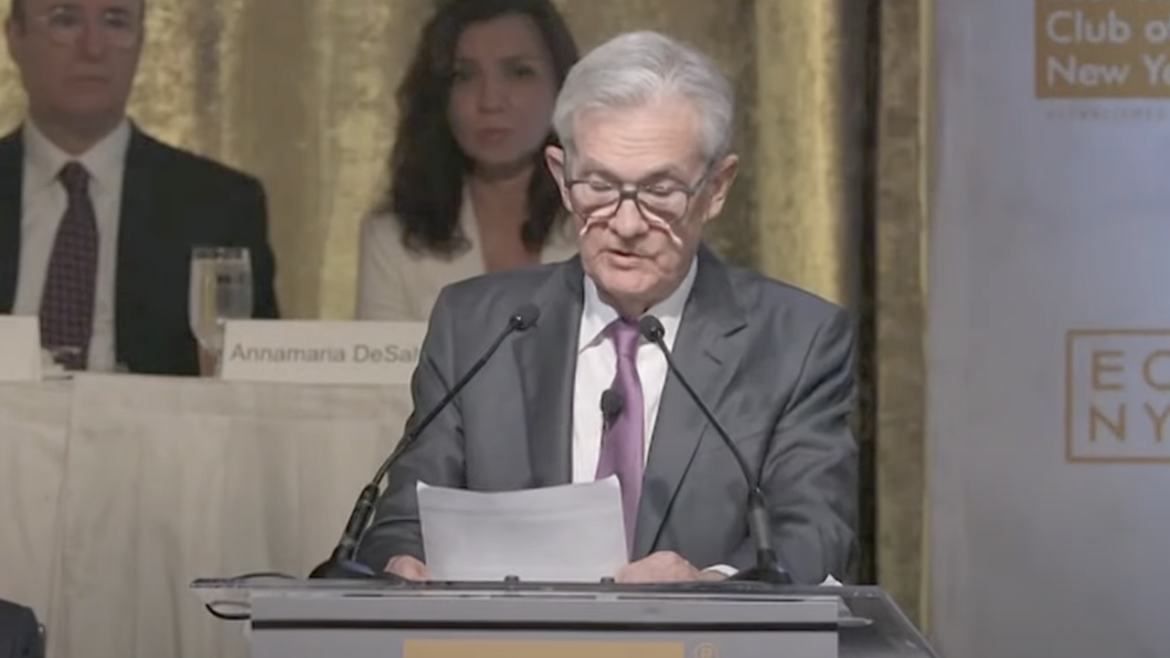Gold has all the potential to go unprecedentedly high. But silver will be gold on
Site:
Precious metals news
Oct 25, 2023 - 06:09:00 PDT
Due to increased US federal spending and ongoing wars, bank lending is suffering. Commercial and industrial loan standards have tightened to recession-like levels. Bank credit growth has been negative for 12 consecutive weeks. The budget gap has doubled in the past year because of Biden's spending. CDS is now at its highest since the Covid shock.
 Interest Rates Continue to Climb - Adjustable-Rate Mortgage Demand Hits Highest Level in a Year
Interest Rates Continue to Climb - Adjustable-Rate Mortgage Demand Hits Highest Level in a YearOct 25, 2023 - 06:04:41 PDT
Mortgage demand is at its slowest since 1995 due to rising interest rates. Application volume fell 1% last week, with the interest rate for 30-year fixed-rate mortgages reaching 7.90%. Refinance applications have also dropped, now constituting less than a third of total mortgage activity. The market for existing homes is nearly stagnant, exacerbated by limited supply and higher mortgage rates.
 USA & GLOBAL AUTO SALES SHOW TROUBLING SIGNS: Amazing Correlation Between Auto Sales & Oil Production
USA & GLOBAL AUTO SALES SHOW TROUBLING SIGNS: Amazing Correlation Between Auto Sales & Oil ProductionOctober 25, 2023
While U.S. and Global Auto Sales still haven't recovered since issues stemming from the 2020 Pandemic Shutdown, another culprit is at work. No, it's not due to shortages of semiconductors, even though that has accounted for a small part of the weak sales rebound. So, what is it? As always......
China is selling U.S. assets, potentially due to geopolitical tensions or to support its local currency. This has contributed to the surge in Treasury yields. With the U.S.-China relationship strained, China might divert its investments away from U.S. dominated financial systems. Given limited options, China may boost its gold purchases. If so, it's a positive sign for the gold market, potentially driving prices to new highs.
Spain seized gold artifacts worth $101 million, originally stolen from Ukraine. These pieces, previously exhibited in a Kyiv museum, were smuggled out in 2016 and recently surfaced in Madrid. Three Spaniards and two Ukrainians were arrested for their attempt to sell these treasures with forged documentation linking them to the Ukrainian Orthodox Church. This significant recovery highlights the global importance and value of gold artifacts.
Financial investor sentiment is increasingly positive towards Gold, as shown by recent CFTC data. By 17 October, net long positions on Gold rose to 15,100 contracts, marking a shift from the previous week's net short positions. This shift represents an equivalent of 130 tons of Gold bought in the futures market. With the rising Gold price, further increases in long positions and reductions in short positions are anticipated.
Investors are facing uncertainties due to increased geopolitical risks, as noted by UBS economists. Gold has surged, closing at $1,981 an ounce recently, while Brent Oil's price also increased, indicating concerns about potential Middle East conflict disruptions. The oil market is tight, with rising demand and limited supplies by OPEC+. Gold gains advantage as the Fed's actions lower costs of holding such assets.
Oct 24, 2023 - 08:59:30 PDT
Three major US banks—Bank of America, BNY Mellon, and Morgan Stanley—lost over $44 billion in deposits in just one quarter. This concerning trend isn't limited to them; JPMorgan Chase, Wells Fargo, and Citigroup collectively saw an outflow of $84.5 billion in the same period. In a desperate attempt to retain customers, these banks are now spending billions. JPMorgan's interest expenses surged by 170% from the previous year, Wells Fargo's by 275%, and Citigroup's jumped by about $185 billion. The confidence in these financial giants appears to be waning rapidly.
Corporate America's spending on share buybacks, which has fueled the US stock market for years, is waning due to rising interest rates and economic uncertainty. After a record $923 billion in stock purchases last year, the trend is reversing, with buybacks seeing a decline. Bank of America strategists warn that as the era of nearly-free money ends with higher interest rates, buybacks are endangered. The S&P 500 Buyback Index's performance has notably lagged this year, marking its worst performance since 1998, excluding 2020.
Jamie Dimon of JPMorgan lambasted central banks for their glaring past forecasting errors, casting doubt on their ability to navigate the looming economic uncertainties. He drew a grim parallel between today's economic situation and the wasteful 1970s, while dismissing the potential impact of rate hikes. Concurrently, Bridgewater's CEO, Ray Dalio, predicted a dire economic outlook for 2024, highlighting risks like soaring public debt and potential conflicts.
Oct 24, 2023 - 07:03:36 PDT
The Federal Reserve's recent Financial Stability Report paints a concerning picture, despite attempts to cast the outlook in a positive light. A standout alarming detail: $20.3 trillion of "runnable" money, especially considering smaller liabilities recently caused banking panic. The report cites vulnerabilities, such as banks under stress, prime MMFs prone to runs, and life insurers with risky assets, reminiscent of the 2008 AIG bailout. This emphasizes the Fed's questionable approach: limitless electronic money creation to mask its supervisory failures, which undermines the U.S. financial system's stability.
In a recent statement, Elon Musk declared, "interest rates have to come down."
The U.S. federal deficit doubled to $2.02 trillion, stoking fiscal worries and deepening partisan tensions in Washington. The surge, impacted by significant drops in tax receipts and inflationary pressures, threatens to ignite political disputes, especially with looming changes to tax policies by 2025.
U.S. officials are deeply alarmed by escalating tensions in the Gaza Strip, prompting rapid military preparations. Israel and Iran's confrontational rhetoric fuels fears of a broader conflict, with Iran-backed groups being a major concern. Meanwhile, China's activities amidst this chaos add to the global apprehension. The U.S.'s immediate focus on defending its troops suggests the potential for violent confrontations. Amidst this Middle Eastern turmoil, there's heightened unease over China's intentions in the South China Sea and Taiwan. The global stage teeters on the brink of widespread conflict.
US yields are set to rise due to retail investors hedging against inflation. Bond rallies will be short-lived with a downward trend for Treasuries. After experiencing steady inflation for years, both professional and retail investors are adjusting to the new inflationary reality. With inflation not expected to stabilize soon, households are diverting investments to commodities and inflation-protected securities. Despite the market's predictions, household inflation expectations surpass those of the Federal Reserve. There's a renewed interest in real assets like commodities
Are the Chinese selling US dollar-denominated assets to buy gold?It sure looks that way.
Oct 24, 2023 - 05:53:01 PDT
Following a drastic monetary tightening, experts scramble to address the looming cost-of-living crisis. With mounting tensions in the Middle East and soaring interest rates, financial markets are on edge. Key debates highlight potential failures in central bank strategies, over-reliance on Quantitative Easing (QE), and fiscal policies potentially undermining monetary efforts. Increasing concerns surround the competence of central banks in managing solo operations amidst rising inflation and fiscal overspending.
Oct 24, 2023 - 05:49:16 PDT
Bidenomics has strongly emphasized green energy, sometimes sidelining the concerns of the middle class.
The shares of US firms that don't meet profit expectations have seen their most significant decline in four years.
Furthermore, under Biden's administration, the cost of diesel fuel, crucial to the shipping industry, has increased by 118%, and the food CPI has risen by 20%.
In the housing sector, there has been a noticeable increase in pre-foreclosure sales.
Last week, Federal Reserve Chairman Jerome Powell delivered a speech at the Economic Club of New York luncheon. In his podcast, Peter Schiff broke down some of the Fed chair's comments and concluded that Powell is not qualified to be a member of any economic club.











